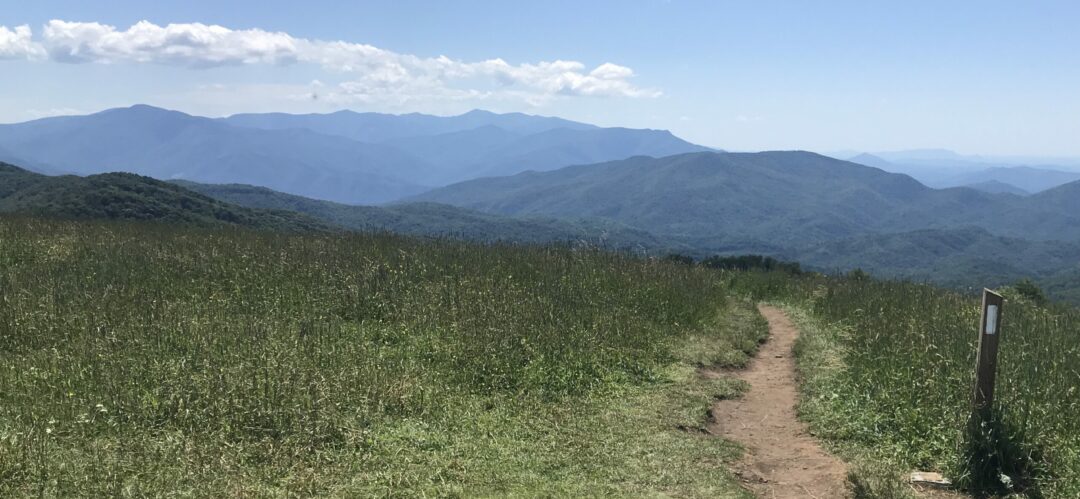
Each year about this time I spend a couple of days at a monastery (the Abbey of Gethsemani) and “do” what I call my annual prayer retreat. Typically, I take a few books along for the quiet time in my “cell.” The first one I got to this year was a re-read of Falling Upward by Richie Rohr (that’s what his close friends call him. ha!)
So the gist of Rohr’s book is talking about how to navigate the transition from the first part of life to the second. Often, this transition is instigated by some sort of “falling” down in life. He seems to imply that most people go through this transition (if at all) between the ages of 35-55. So at the ripe old age of 48, I’m right on track since I would suggest that my “falling up” began about 5 or 6 years ago.
The basic premise is that you spend the first half of life establishing identity and building a certain “container” for life. Then for whatever reason, the container cracks…life takes an unexpected turn…some sort of crisis unfolds…etc. In the second half of life, ideally, you go a little bit deeper into some soul-full territory. You realize the limitations of superficial structures and either-or (dualistic) thinking. Rohr loves the language of unitive consciousness…moving from either/or thinking to both/and or “yes” thinking.

I’m finding a parallel journey in campus ministry from the first half to the second half, although in this case it’s the first and second halves of a school year.
In the first half of a year with students, I’m establishing identity and connection…building a sort of container for our relationship. Now in the second half (spring semester) it’s time to go a little deeper. I want to use the foundation of relationship which we’ve established in the first part of the year as a platform for launching towards something more.
So my hope in the 2nd semester of each school year is to see these relationships go a little deeper in several directions. I will challenge students to plunge a little deeper into the God-waters…moving out of “kiddie pool” spirituality into the depths of trust and exploration. I will also challenge them to deepen their relationships with others. Perhaps it’s time to be a little more vulnerable, or to care a little more for those closest to them. It could be in a small group, in a class, with a roommate, or any significant relationship they have developed.
And of course, I want to deepen my relationship with the student if that’s what is most beneficial for the student. Although in some cases, I will encourage a deeper mentoring connection with someone else if I’m not necessarily the best person to fill that role in their lives.
The goal is always transformation and growth. The second half of this school year is about to begin. Here’s to seeing a few students go from spiritual immaturity to maturity over the next few months!
Ironically, as I was reading Falling Upward at the monastery and enjoying some Pneuma Coffee in a cool Star Wars mug I had just gotten for Christmas from my daughter, this happened…




